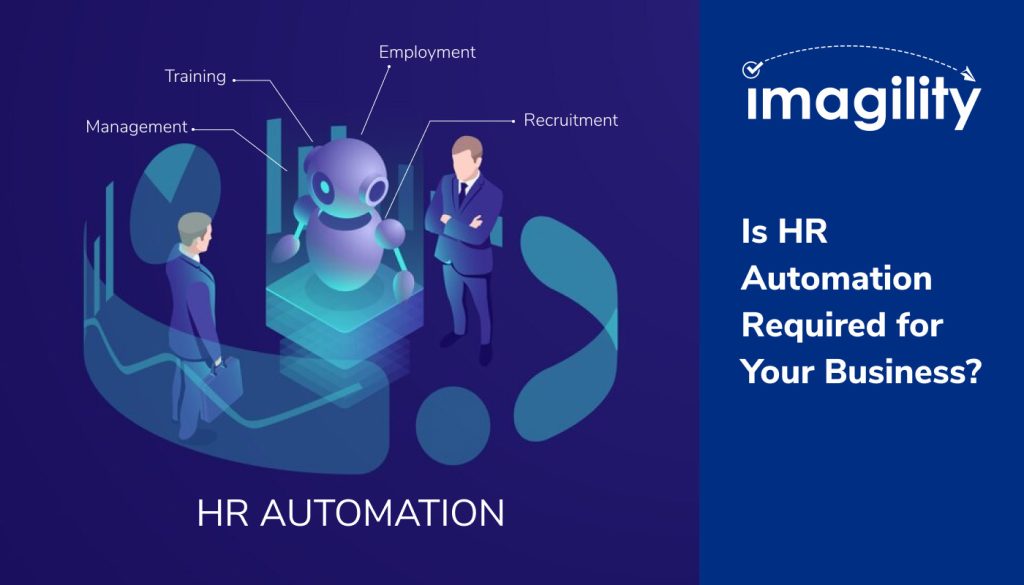In today’s busy world and fast-paced business environment, running a business means finding ways to work smarter. Efficiency and accuracy are more critical than ever. One of the best ways to streamline your operations is by automating HR tasks. But is HR automation something your business really needs? Let’s look at what it is, its benefits, and how to decide if it’s right for you.
What is HR Automation?
HR automation is about using software to handle everyday HR tasks, like tracking employee hours, processing payroll, managing benefits, and onboarding new hires. Instead of doing these tasks manually, a software will do it for you, making everything quicker and more accurate.
Benefits of HR Automation
- Saves Time
For example, automating payroll, can save hours each pay period since the software will handle all the calculations. - Reduces Errors
Manual processes are prone to mistakes, which can be costly. For example, errors in payroll calculations can lead to fines or unhappy employees. Automation cuts down on mistakes like entering the wrong hours worked, which can lead to paycheck errors. - Ensures Compliance
HR software often has built-in features to keep you up-to-date with labor laws, helping you avoid hefty fines. - Increases Efficiency
Automated systems send reminders for important tasks, like performance reviews, ensuring nothing gets missed. - Provides Useful Data
HR software collects data on things like employee performance and attendance, helping you make better decisions about promotions and training. - Improves Employee Experience
Employees can use self-service portals to check their pay stubs, request time off, and update personal information, reducing the need for back-and-forth with HR. - Enhances Communication
Automation ensures that employees receive timely communication. For instance, automated reminders about upcoming training sessions can be sent via email or text, making sure everyone stays informed without the HR team needing to follow up manually. - Frees Up Time for Strategic Tasks
When HR professionals aren’t bogged down with repetitive tasks, they can focus on strategic initiatives that drive business growth. This might include developing employee development programs or improving company culture. - Reduces Paper Use
Automation cuts down on the need for paper records, saving money and storage space. Digital records are easier to manage and access, making the HR department more efficient.
How to Decide if Your Business Needs HR Automation
Size of Your Business
Larger businesses with many employees often benefit more from HR automation due to the high volume of tasks. Though small teams might handle HR tasks manually just fine, they can even find value in automating certain processes to free up time for other activities. As the company grows, automation becomes more helpful, helping them save time
Current HR Processes
Take a look at your current HR processes and identify which tasks are repetitive and time-consuming. If your HR team is spending too much time on administrative work, automation can streamline things and improve accuracy.
HR Team Workload
If your HR team is bogged down with admin tasks, automation can free them up for more strategic work.
Future Growth Plans
If you’re planning to expand, automation can help handle increased HR demands without needing more staff.
Budget
There’s an initial cost for HR automation software, but you can consider the long-term savings from increased efficiency and reduced errors. The ROI can be significant over time.
Employee Feedback
If employees are frustrated with slow HR processes, automation could make things smoother and faster for them.
Steps to Implement HR Automation
- Identify Key Processes to Automate: Figure out which tasks will benefit most from automation, like onboarding, recruitment, performance management or payroll.
- Choose the Right Software: Look for HR automation tools that fit your needs and budget. Consider factors such as features, ease of use, integration capabilities, and customer support.
- Plan the Implementation: Develop a clear plan with timelines and responsibilities. Make sure your HR team gets proper training on the new system.
- Test the System: Run a test to fix any issues before fully rolling out the software.
- Communicate with Employees: Inform employees about the new system and provide training to help them use it effectively.
- Monitor and Optimize: Keep an eye on the system’s performance and make adjustments as needed.
Conclusion
HR automation can make your business more efficient, accurate, and improve the employee experience. By looking at your current HR processes, workload, and future plans, you can decide if HR automation is right for you. If manual HR tasks are slowing you down, it might be time to explore automation and boost your HR operations.
Interested in learning more about HR automation? Contact us today at +1 603 782 4622/+1 617 865 6588 to discover how Imagility HR can transform your HR department and take your business to the next level.









